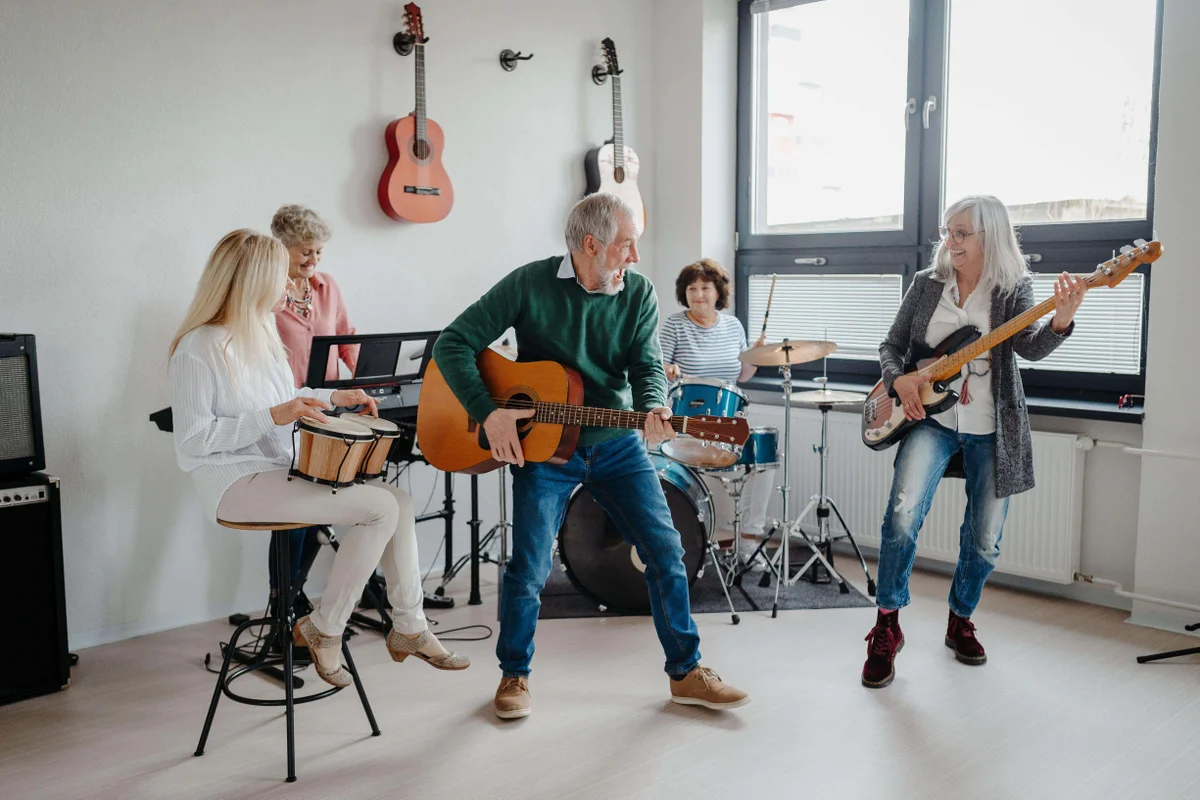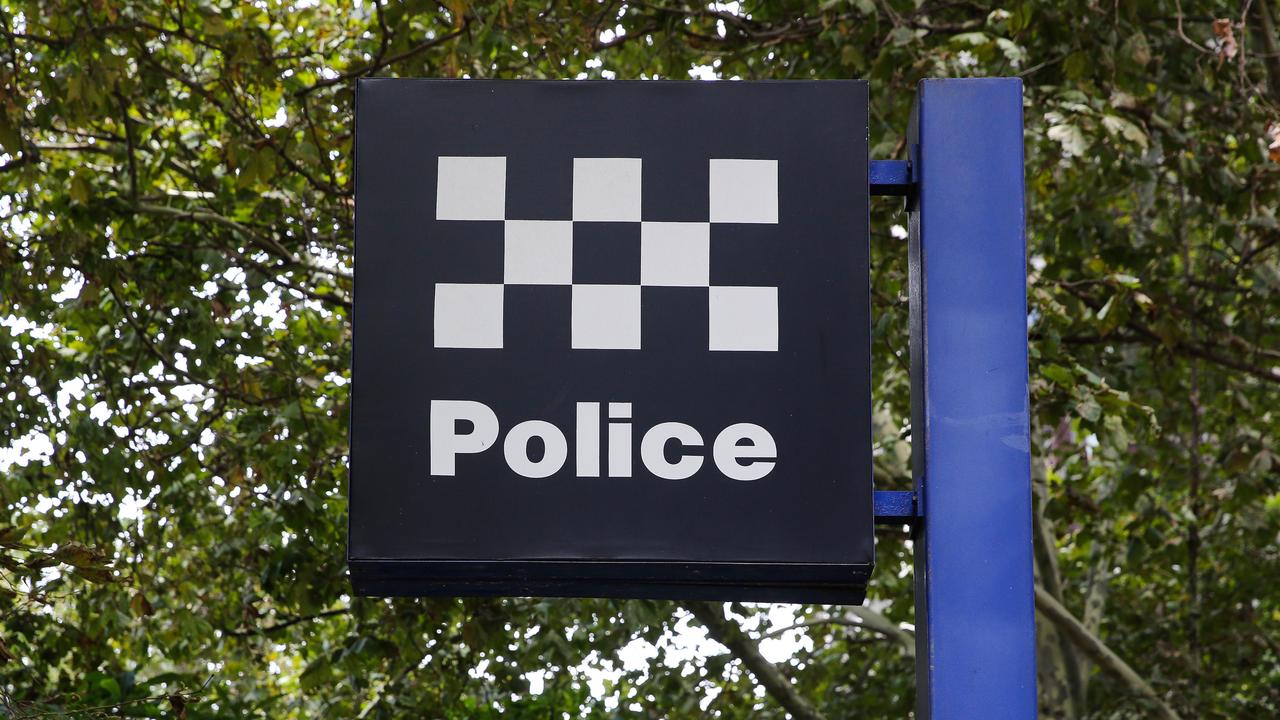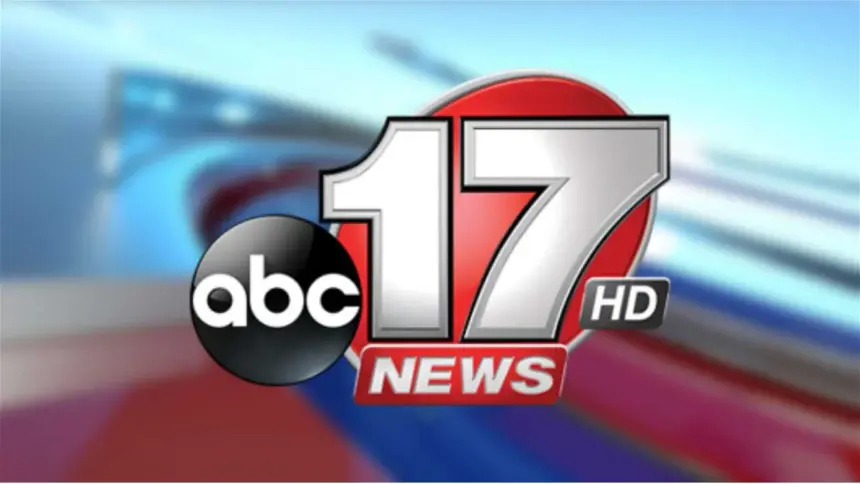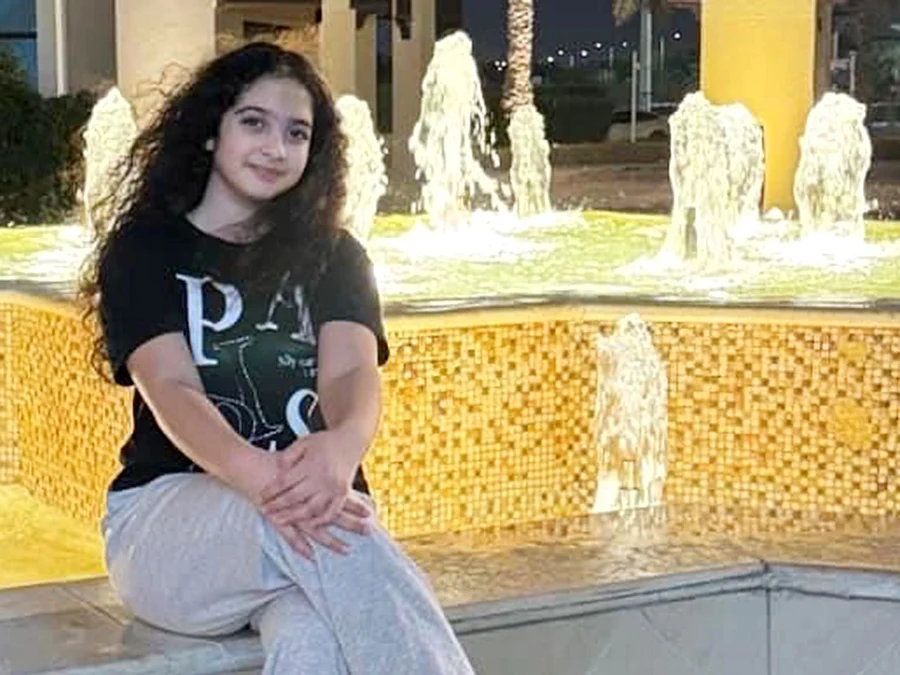Copyright Tom's Guide
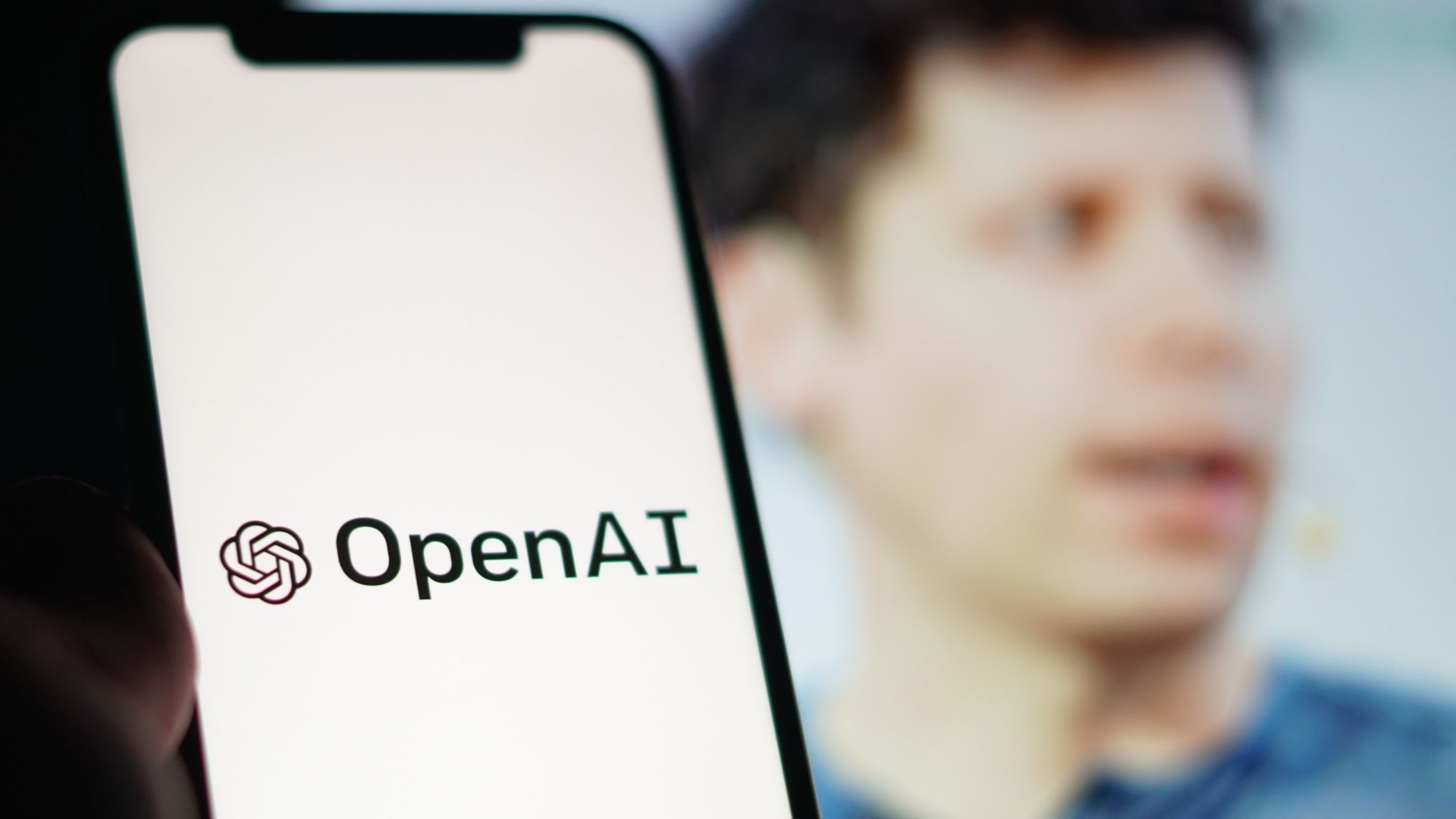
When OpenAI launched Sora 2, the team made the controversial decision to allow users to create videos with real people in them, choosing to let celebrities opt out of their likeness being used. This has, unsurprisingly, backfired. After a sea of inappropriate content, including key figures, Sam Altman announced a change to the rules, focused on switching the system from opt-out to opt-in, requiring a celebrity to decide they wanted their likeness to be used. However, this doesn’t seem to have worked as well as OpenAI might have liked. The company has already had to offer an apology to the family of Martin Luther King, as the model produced inappropriate videos of him. While videos have now been restricted of King, other historical figures, such as JFK and Professor Stephen Hawking, have also been doing the rounds. But it's not just historical figures raising the flag. The actor Bryan Cranston, in a joint statement with SAG-AFTRA and OpenAI, has highlighted that his likeness has been used on Sora 2 despite being opted out. “I was deeply concerned not just for myself, but for all performers whose work and identity can be misused in this way,” Cranston said in the statement. “I am grateful to OpenAI for its policy and for improving its guardrails, and hope that they and all of the companies involved in this work respect our personal and professional right to manage replication of our voice and likeness.” While OpenAI hasn’t specifically explained what these policy and guardrail changes will be, they are promising to reduce a user’s ability to recreate individuals who have chosen to opt out of Sora 2 image creation. “OpenAI is deeply committed to protecting performers from the misappropriation of their voice and likeness. We were an early supporter of the NO FAKES Act when it was introduced last year, and will always stand behind the rights of performers,” said Sam Altman, OpenAI’s CEO, in the statement from SAG-AFTRA. The NO FAKES Act was a legislation introduced this year that aims to protect the voice and likeness of all individuals from computer-generated recreations. OpenAI’s Sora 2 isn’t the only AI image generator on the market, and plenty of them are able to create videos at a similar quality. So why does it seem that OpenAI is the only one facing backlash? Well, it all comes down to OpenAI’s approach to copyright with this model. The likes of Veo 3, the video generator of Google Gemini, were designed to avoid the likeness of celebrities and historical figures. In fact, compared to Sora 2, Gemini and the majority of AI video generators were built with pretty stringent safeguards in place and have been for quite a while. Even OpenAI’s original Sora model didn’t have this issue. When it came to Sora 2, OpenAI decided to open up the gates. This is a risky move, and while it has generated plenty of traffic for OpenAI, it has equally been the source of many of the company’s recent issues. “AI tools like Sora let users imagine or impersonate cultural icons long deceased, but the ethics of that are quickly murky. Is it tribute, satire, or desecration? The pause highlights just how raw and unresolved that debate is,” Amanda Caswell, Tom’s Guide’s US AI editor, said last week, addressing the rising Sora 2 concerns. “Even before Sora 2 was released, during a briefing with OpenAI that included Sam Altman, myself and other journalists questioned the negative possibilities of giving users such powerful AI tools. Yet, it's taken public backlash to get OpenAI to make any kind of adjustment.” In an attempt to stand out in a crowded market, OpenAI has been making increasingly controversial moves. Along with Sora 2’s copyright concerns, the company recently announced plans to add adult features to ChatGPT with an age-gating restriction and alter how ChatGPT deals with mental health, allowing for more personality in its model. Follow Tom's Guide on Google News and add us as a preferred source to get our up-to-date news, analysis, and reviews in your feeds. Make sure to click the Follow button! More from Tom's Guide
